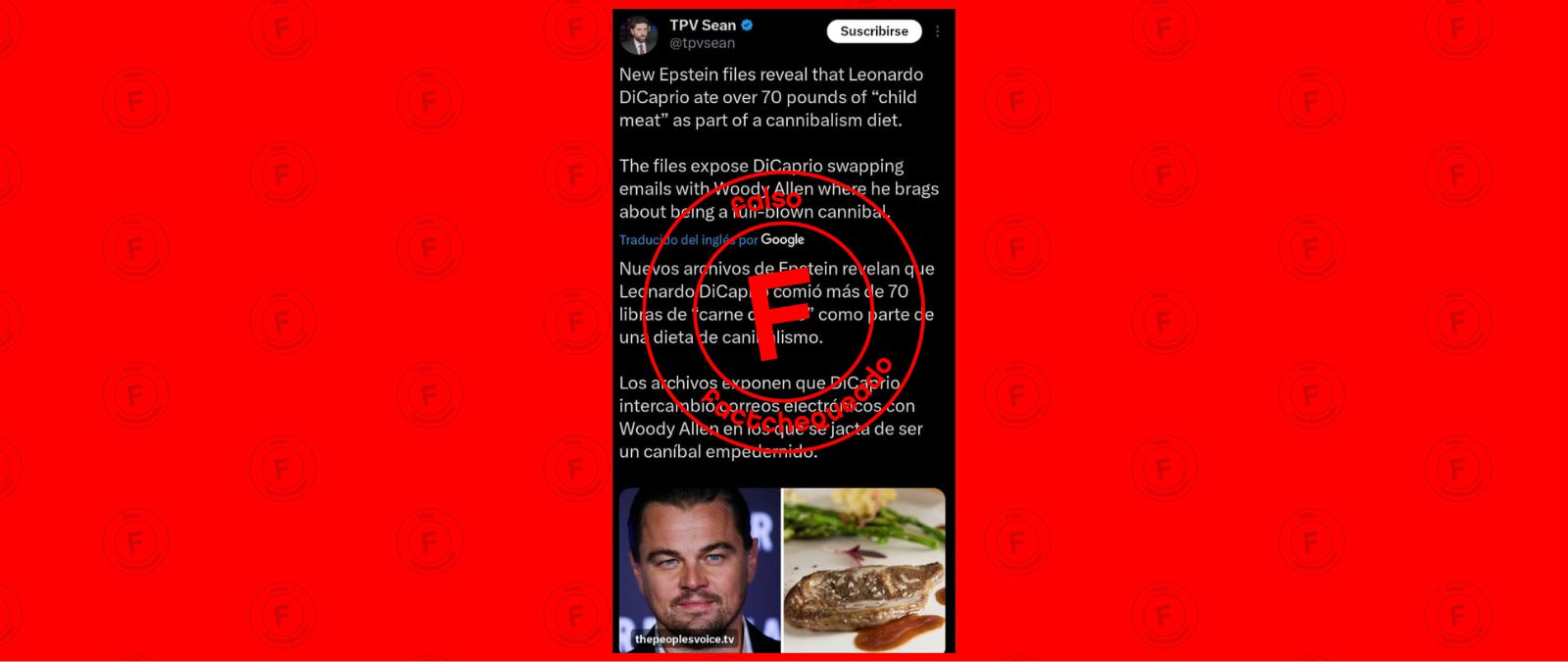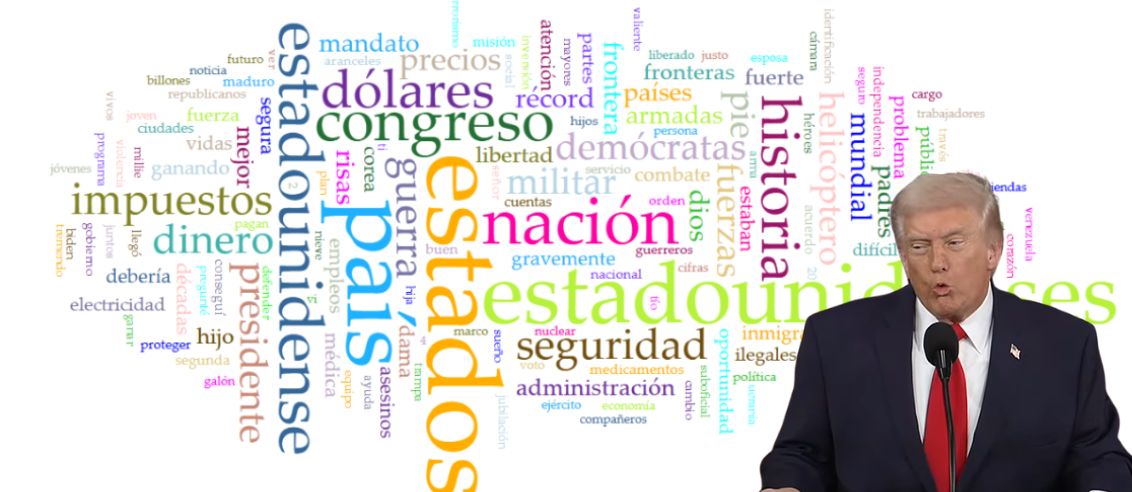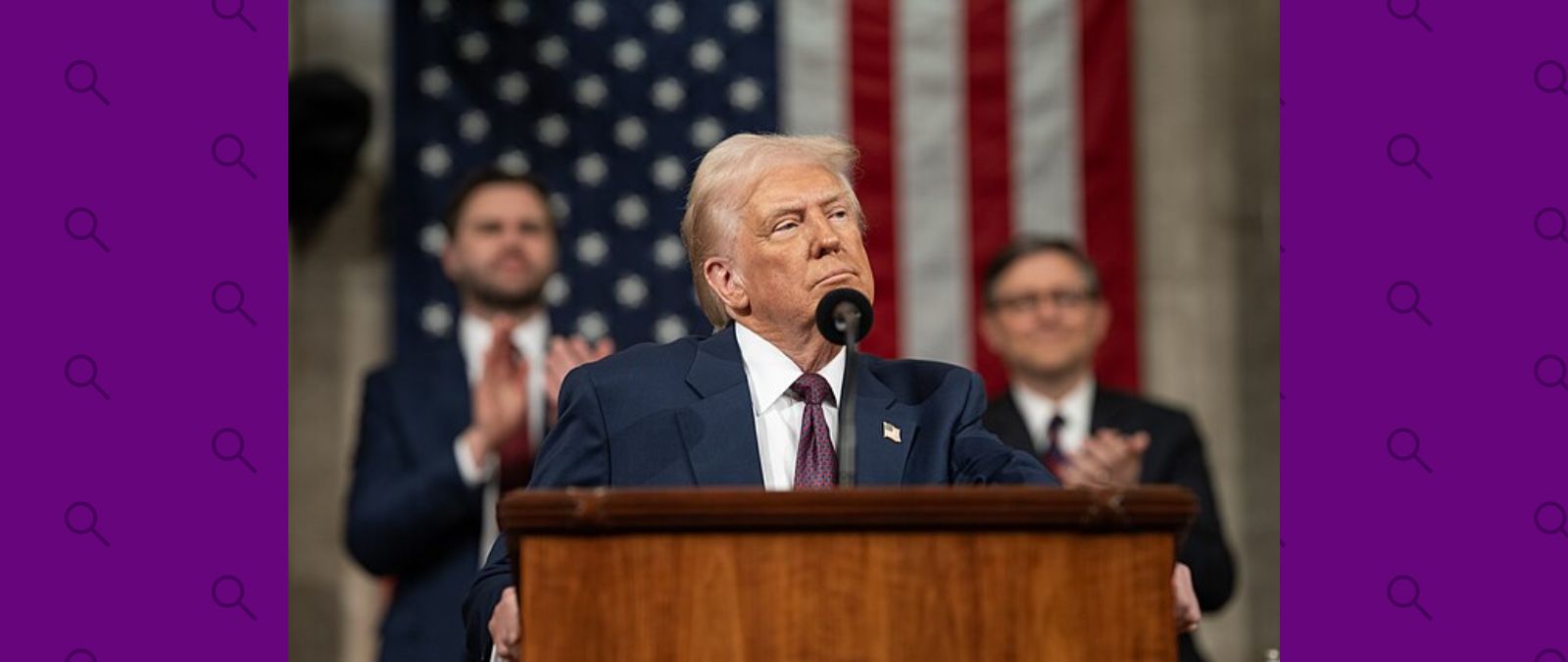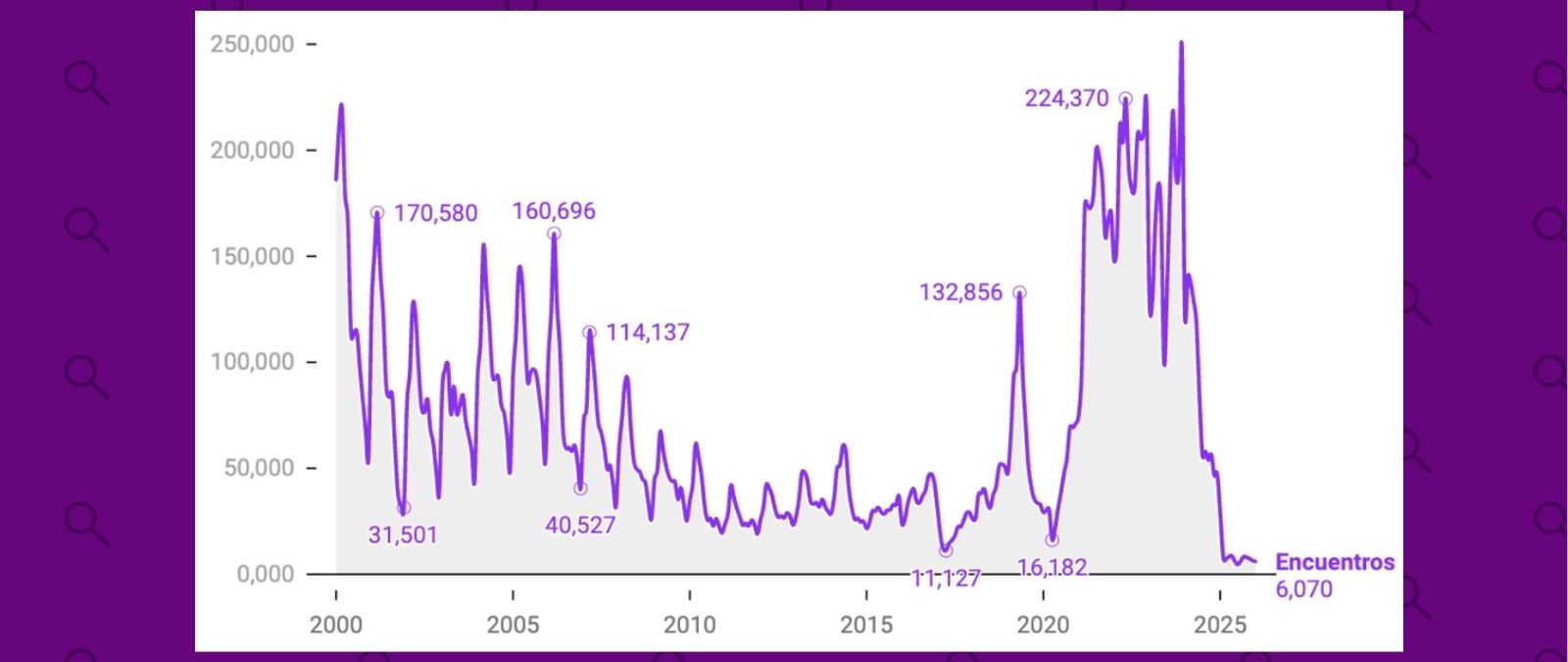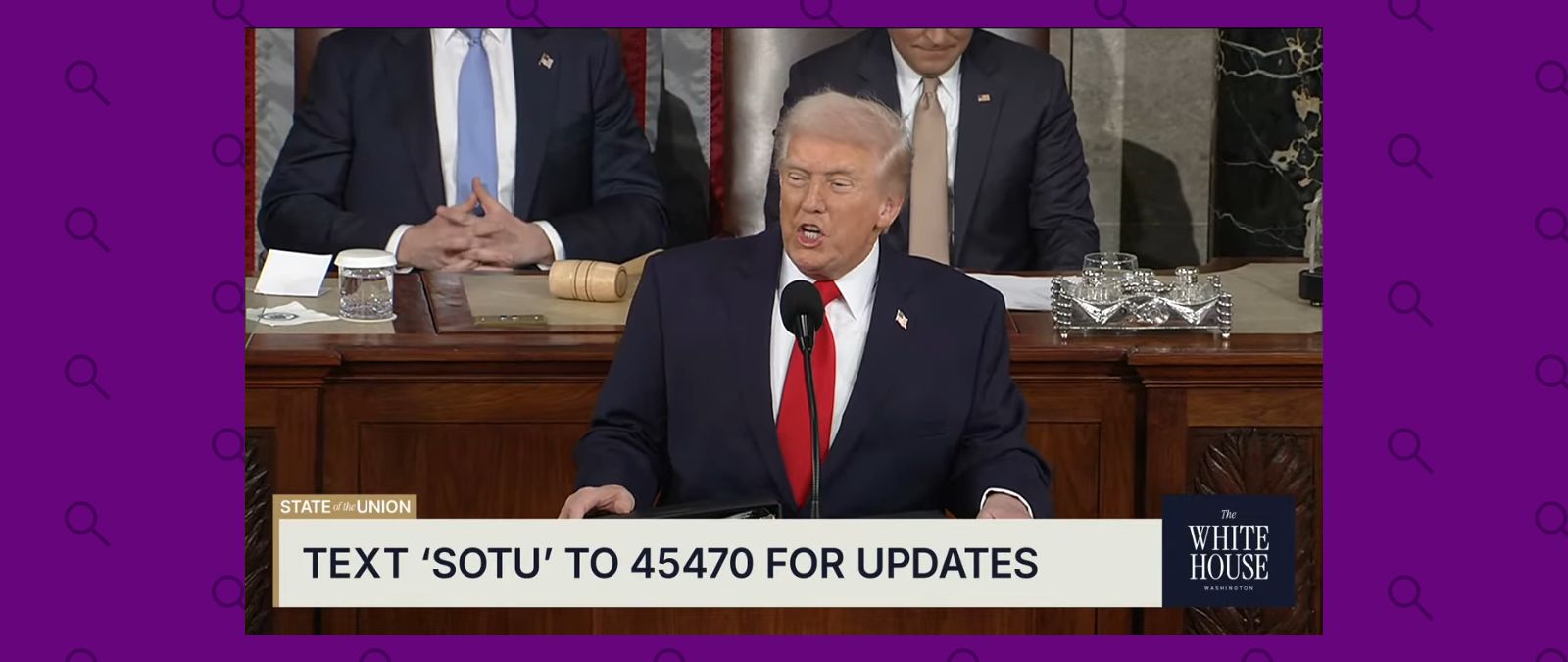On November 5th 2024, the next President of the United States will be elected, but before that, both the Democrat and Republican parties have to choose their candidate. How? Through primary elections, in which each state, but also the District of Columbia and territories like Puerto Rico, presidential candidates run against each other.
In each place, the parties choose their candidates through a primary election or a caucus. But each party and each state has its own rules. In primary elections, the vote is secret, while caucuses are assemblies organized by political parties in counties or electoral districts.
Lee esta historia en español haciendo clic aquí.
Not all primaries or caucuses are the same
Each state and territory has its own rules: elections can be “open” in some places and partially open or “closed” in others.
In an open primary election or caucus, people can vote for a candidate of any party.
In a closed primary election or caucus, only people registered to vote for a specific party can participate.
Partially open and partially closed primary elections or caucuses are variations of the two main kinds.
Source: USA.gov
How does this work? For example, the Republican Party holds open primaries in New Jersey: if you live in that state, you can vote for a Republican candidate even if you are registered to vote for the Democrat party. As opposed to this, there are closed primaries in Florida: only people registered to vote for the Republican party can vote.
Another important aspect to mention about primaries is that they last VERY long. In 2024, they start on January 15th with the Republican caucus in Iowa and they end on June 8th with the Democratic caucus in Guam and the Democratic primary election in the Virgin Islands. However, the elected candidate is normally known long before June - by then, someone already wins enough delegates to become the official candidate of their party.
What do we mean when we say candidates compete to win delegates?
Similarly to what happens in presidential elections, primaries are also indirect elections: when someone votes for a candidate, what they are actually voting for are delegates who will represent their state in the National Convention for each party. The official candidate is chosen in those Conventions. In each caucus and primary, candidates win delegates, and when the National Convention assembles, they have enough delegates to make sure they are officially nominated as candidates.
In National Conventions, each state is represented by a number of delegates - these reflect their population and their voting weight in the party. For example, in the Iowa Republican caucus, 40 delegates are chosen, while in Texas primaries, over 160 are chosen. There are also states in which delegates are assigned proportionally to candidates - this is based on the amount of votes they get, like what happens in the Democrat primaries in California. There are also other cases, like Florida’s Republican primaries, where the most voted candidate gets all the delegates of the state.
New Hampshire’s primaries
According to the State Law, presidential primaries should be first held in New Hampshire - this tradition comes from it being the first state in which primary elections were held (not to be confused with the first caucus, which was held in the state of Iowa).
Nevertheless, Democrats have decided that the first state to vote for their primaries would be South Carolina, in spite of the law stating elections should be held in New Hampshire on Tuesday, January 23rd, 2024. So the party announced they will have a meaningless election in that state, and that the name of President Joe Biden will not be on the ballots. Additionally, the party might not take into consideration the delegates won in New Hampshire when their National Convention assembles.
On the other hand, Republicans will go on with tradition and their primaries will be held in New Hampshire on January 23rd, 2024.
Factchequeado is a verification media outlet built by a Spanish-speaking community to tackle disinformation in the United States. Do you want to be part of it? Join us and verify the content you receive by sending it to our WhatsApp +16468736087 or to factchequeado.com/whatsapp..
Click here to read other articles of our #ExplicadorElectoral.
What is a caucus and why is it important to elect presidential candidates




